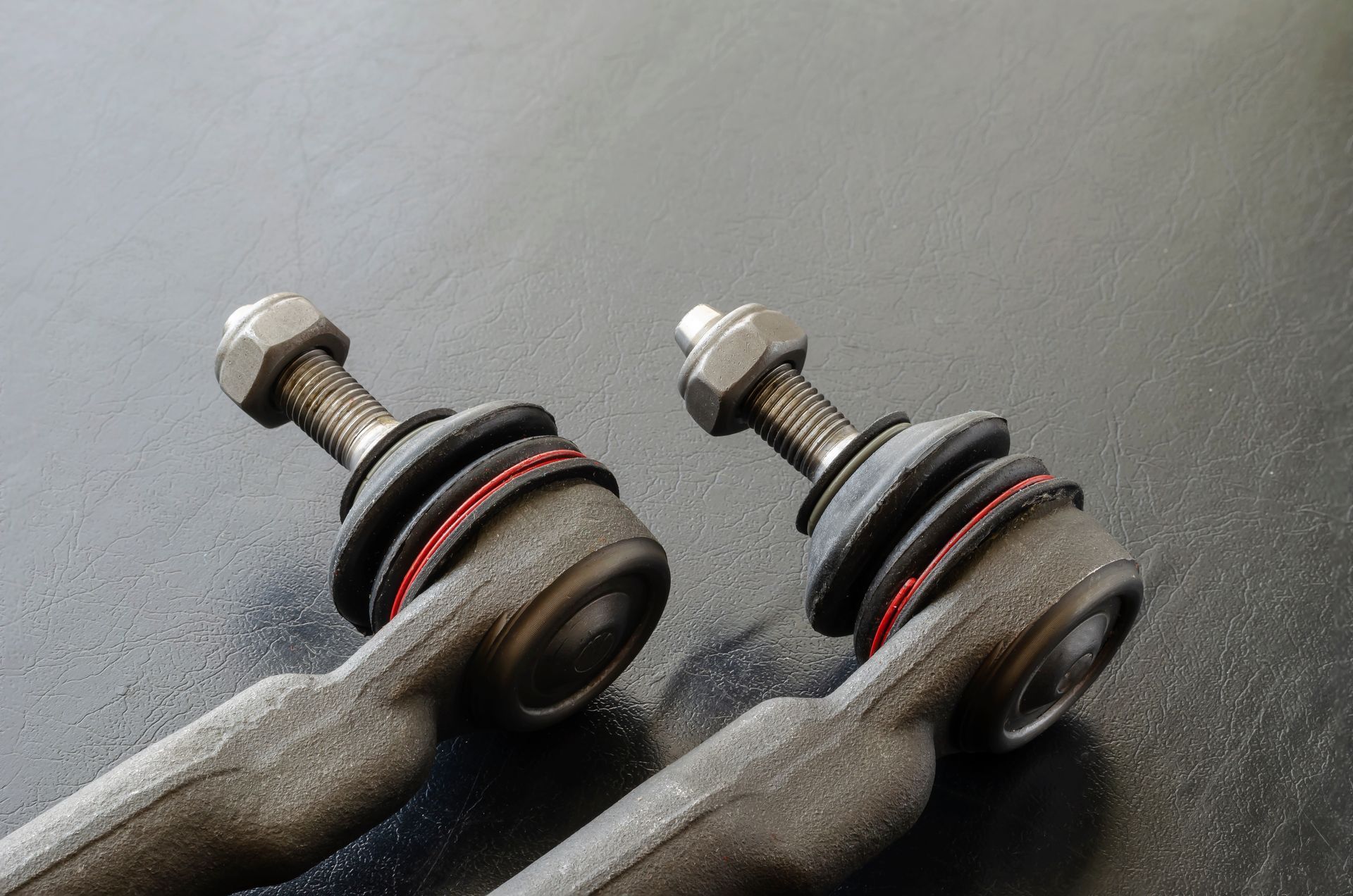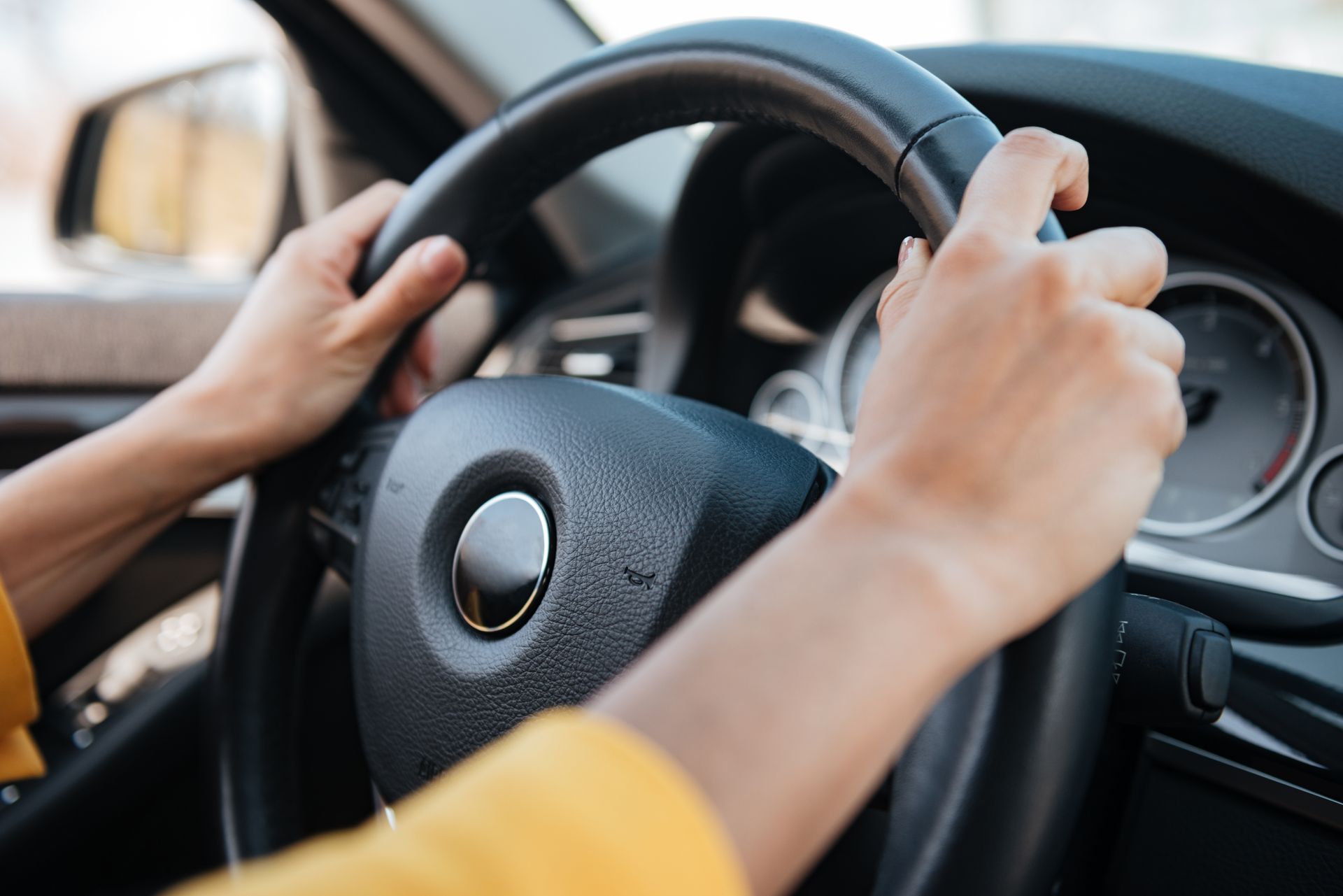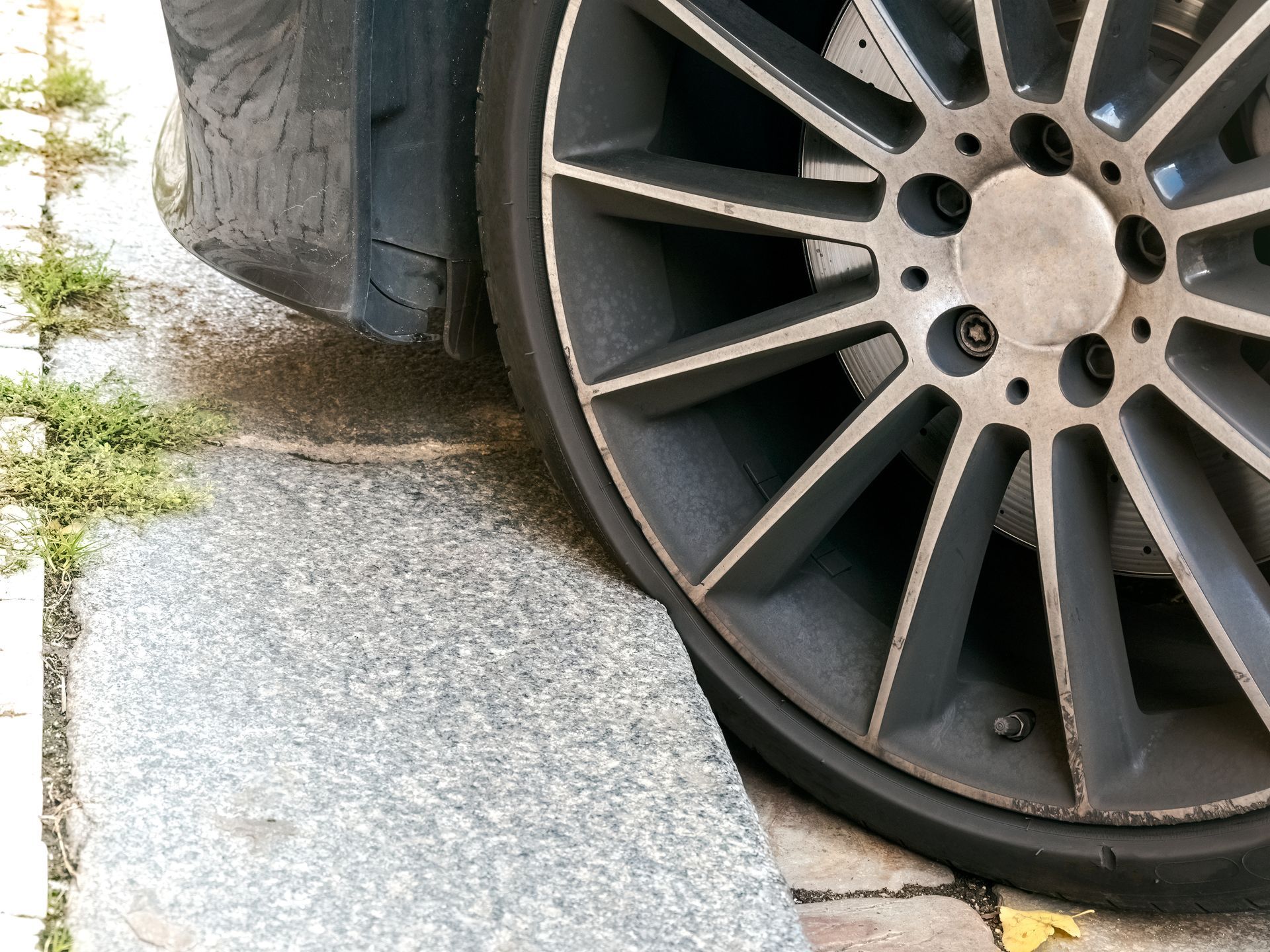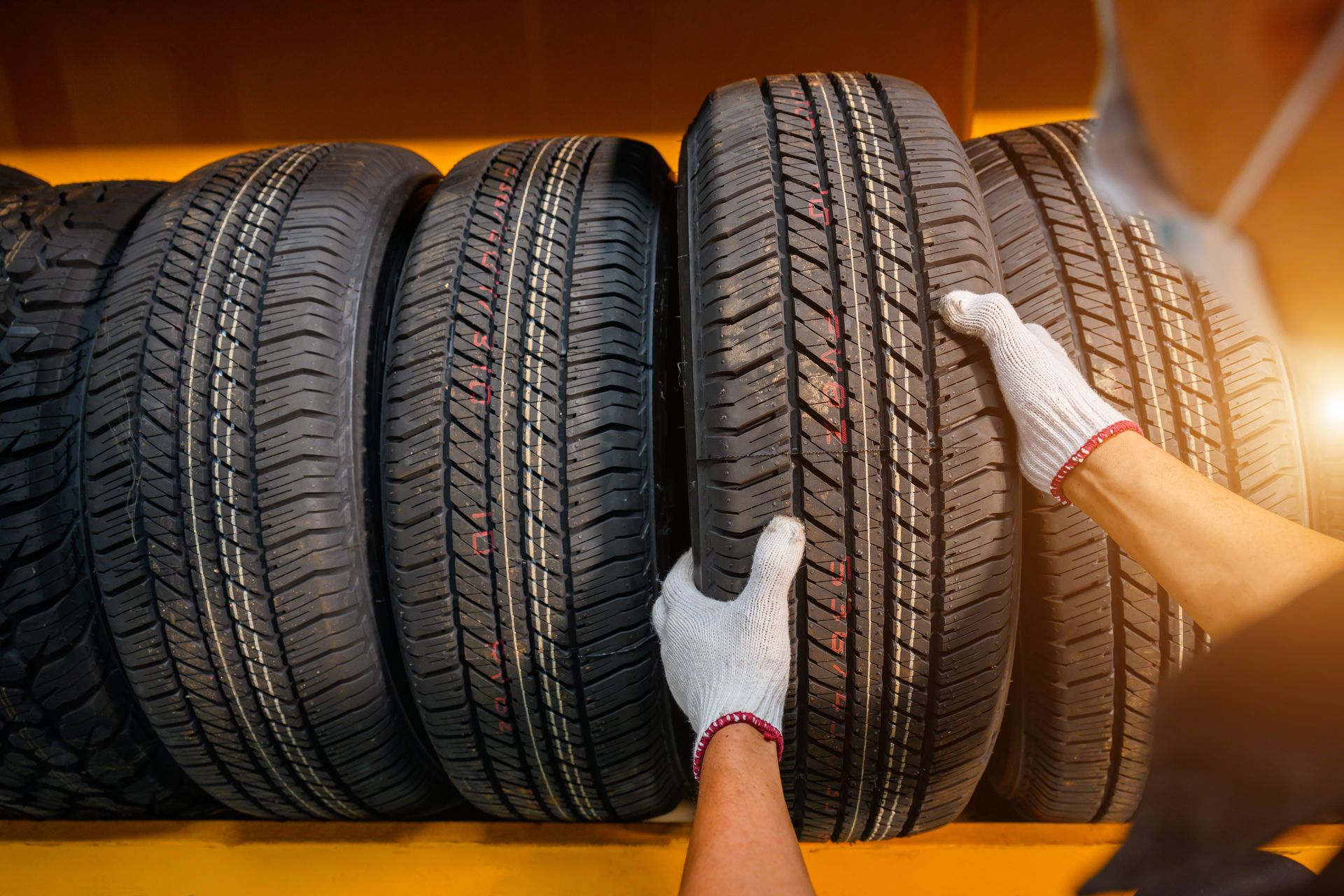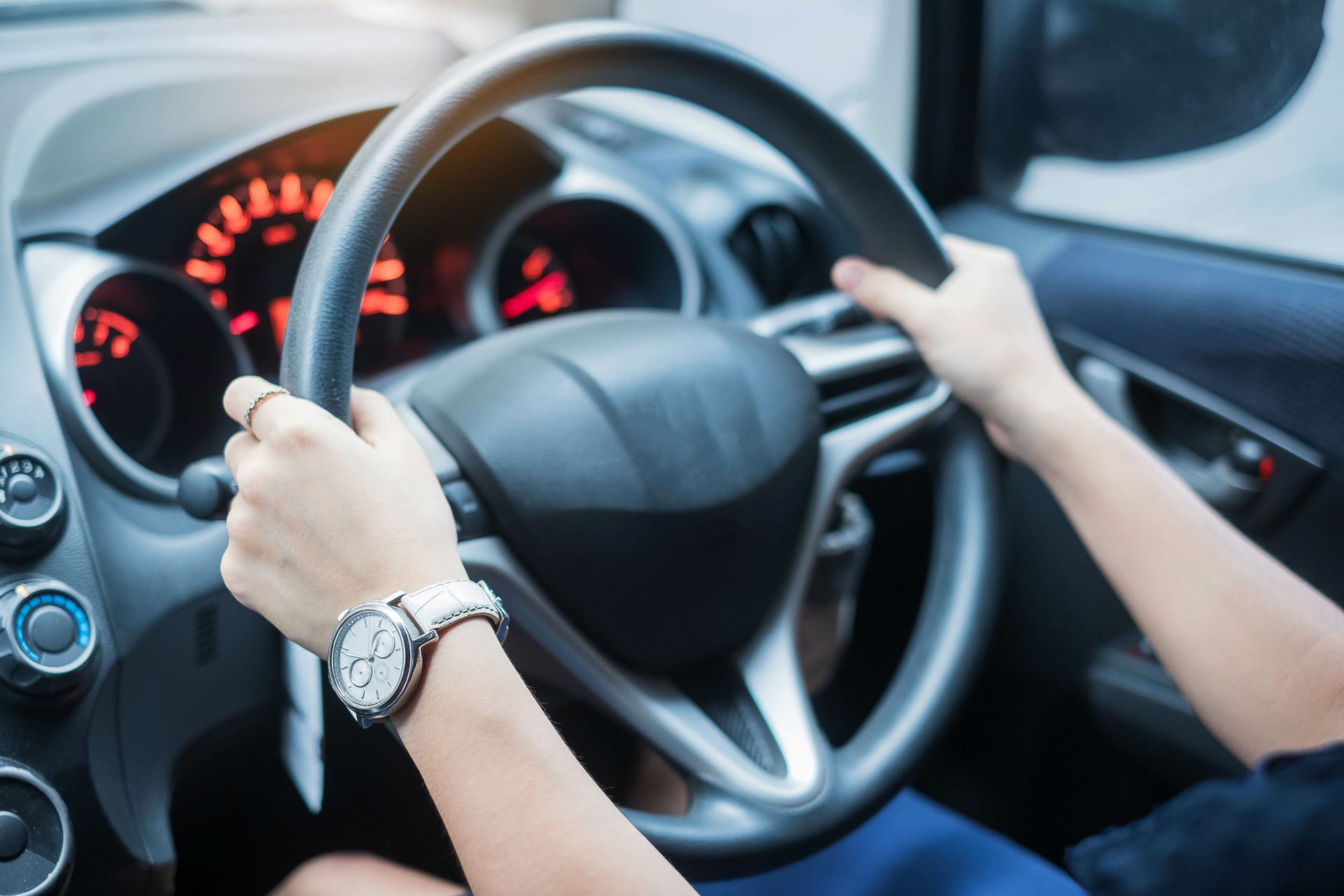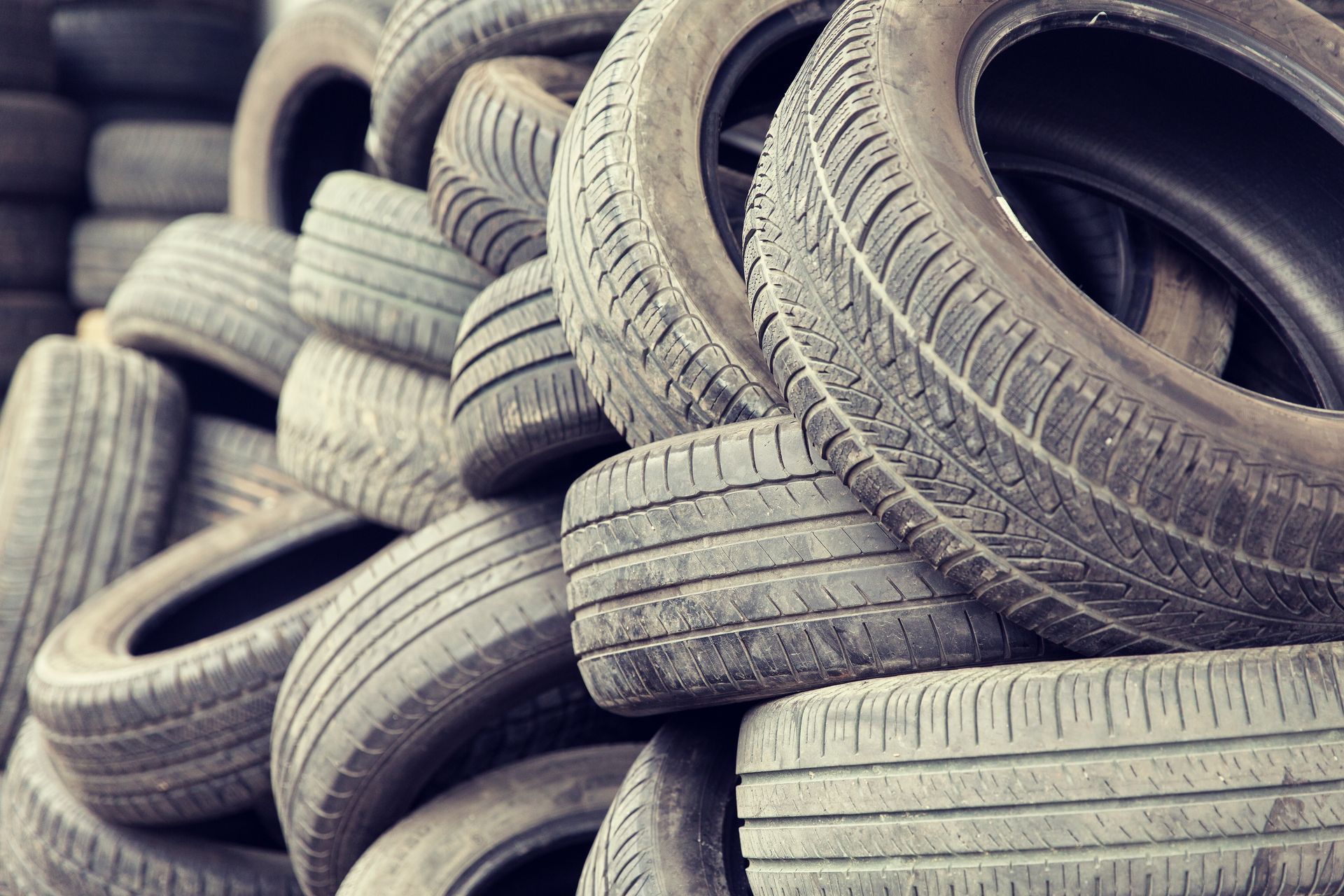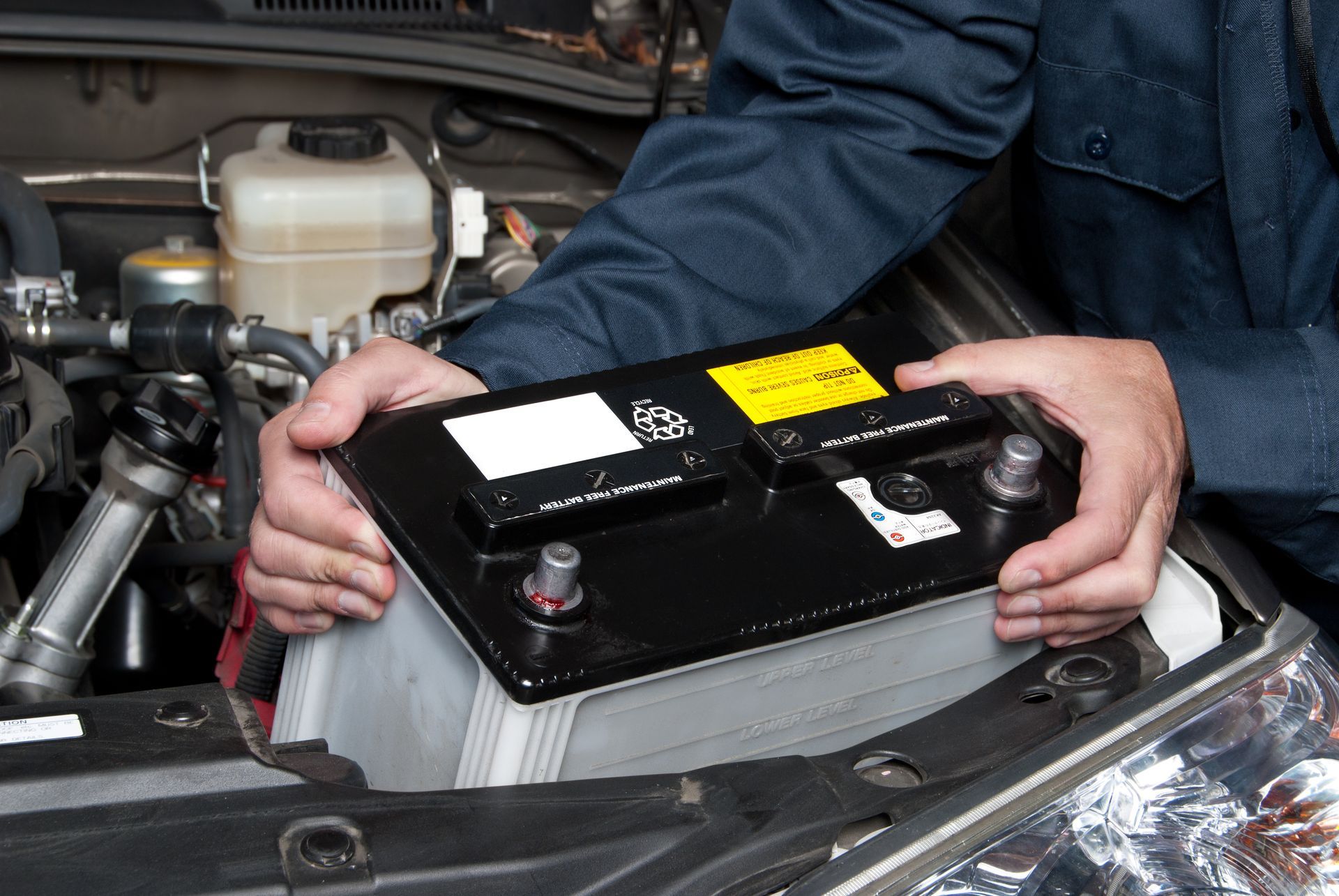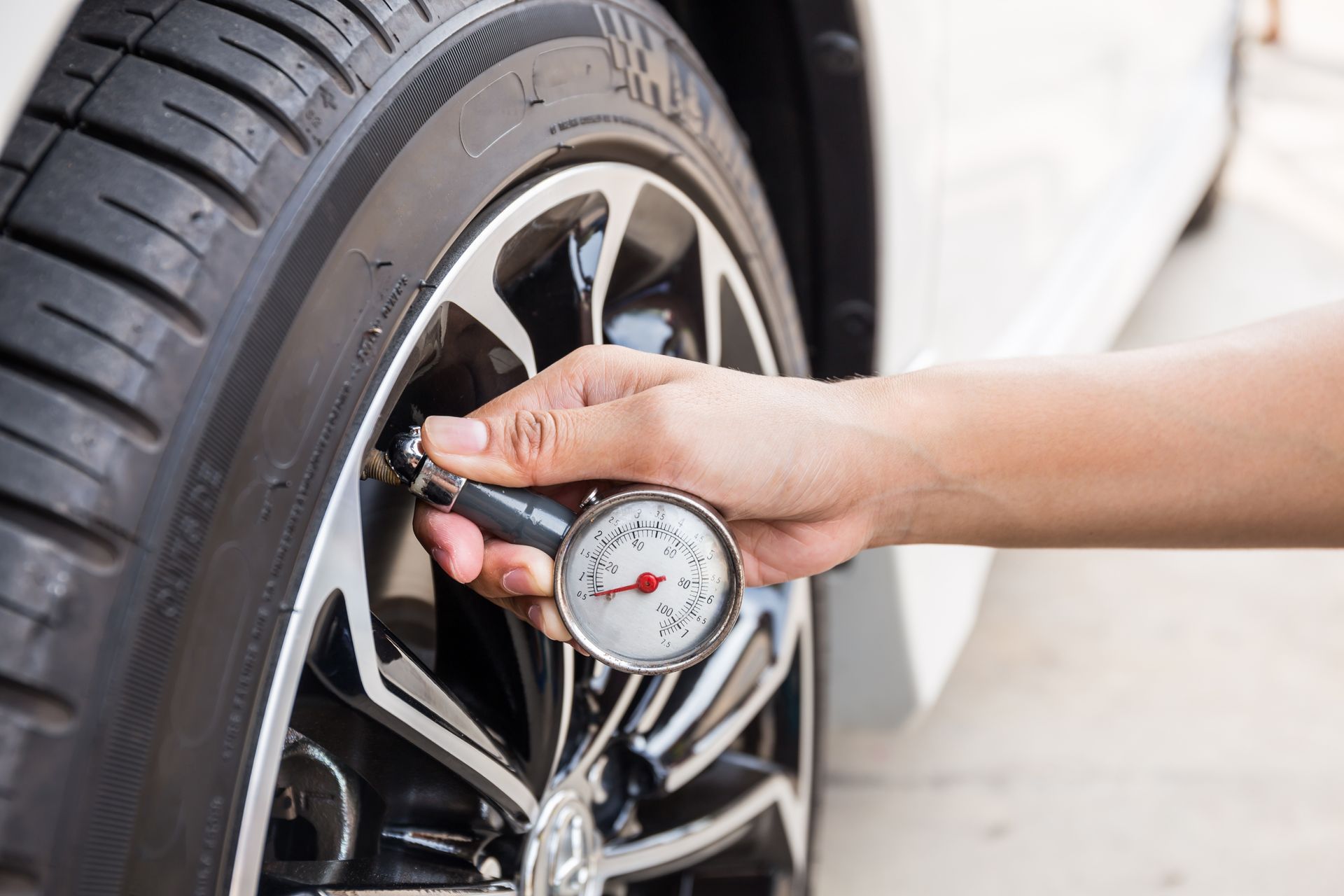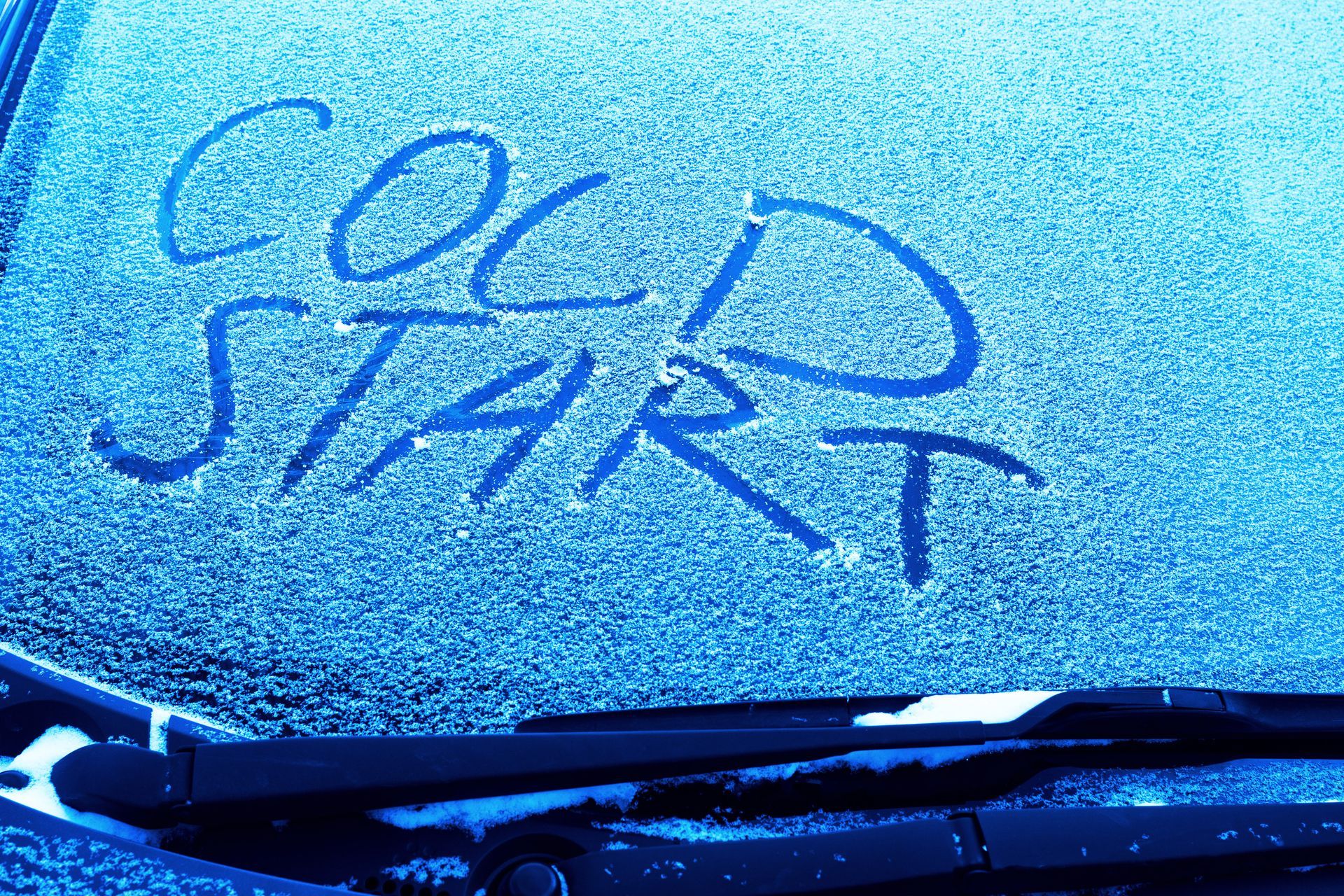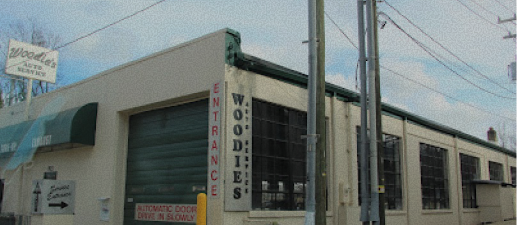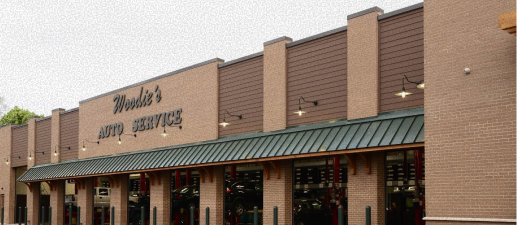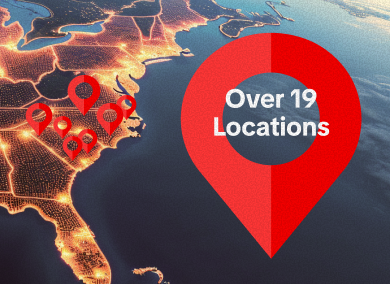Can Loud Music Affect Driving Performance?
June 28, 2024

Driving and music are a classic combination. There's nothing like cruising down the highway with your favorite tunes blasting through the speakers. But have you ever wondered if loud music could be impacting your driving performance? While it might seem harmless, the effects of loud music on your ability to drive safely are more significant than you might think. Let's explore how cranking up the volume can influence your driving and what you can do to ensure a safer ride.
The Dangers of Loud Music While Driving
We all have that one song that makes us turn the volume up to eleven. But when it comes to driving, loud music can be a hidden danger. It's not just about the distraction; loud music can interfere with your cognitive functions and reaction times, making it harder to respond to unexpected situations on the road.
When you're focused on a blaring sound, your brain has to work harder to process the auditory input, which means less mental bandwidth for processing visual cues and making quick decisions. This cognitive overload can reduce your situational awareness and increase the risk of accidents. So, next time you reach for the volume knob, think twice about how it might be affecting your focus.
How Loud Music Impacts Reaction Time
Have you ever noticed how everything moves faster when your favorite fast-paced song is playing? While it might make for an exhilarating drive, loud music can slow down your reaction time. When your car stereo is blasting, it can be difficult to hear important sounds like honking horns, sirens, or even the screech of tires. These auditory cues are critical for safe driving, especially in busy traffic or unpredictable weather conditions.
Studies have shown that drivers who listen to loud music react more slowly to sudden changes in traffic and are more likely to miss signals and other crucial information. This delayed reaction time can mean the difference between a close call and a serious accident. Keeping the volume at a moderate level ensures you can hear what's happening around you and react in time to avoid potential hazards.
The Psychological and Emotional Effects of Loud Music
Music has a profound effect on our emotions and mental state. While this can be a great mood booster, it can also be a double-edged sword when it comes to driving. Loud music can heighten emotions, leading to excitement, aggression, or even anxiety, which can negatively impact your driving behavior.
For example, aggressive music can lead to more aggressive driving. You might find yourself speeding, making risky lane changes, or tailgating other drivers without even realizing it. On the other hand, soothing music can make you too relaxed, potentially causing you to become less attentive. Finding a balance that keeps you alert and in control while driving is important.
Tips for Safe Driving with Music
So, how can you enjoy your music while driving without compromising your safety? Here are some practical tips:
- Volume Control: Keep the music at a moderate volume. This ensures you can still hear important external sounds like horns and sirens.
- Playlist Management: Choose music that doesn't overly excite or relax you. Opt for tracks that help you stay focused and alert.
- Regular Breaks: On long drives, take breaks from music to rest your auditory senses and reduce mental fatigue.
- Speaker Placement: Ensure your car's speakers are positioned to distribute sound evenly without overwhelming you.
By following these tips, you can enjoy your favorite tunes while keeping yourself and others safe on the road.
Is your car ready for the road? Schedule your maintenance appointment with Woodie's Auto Service & Repair Centers now!
